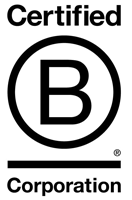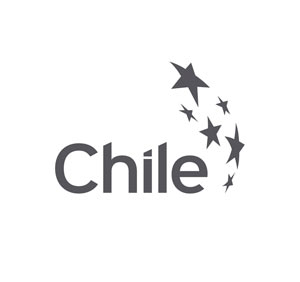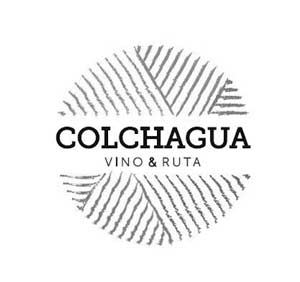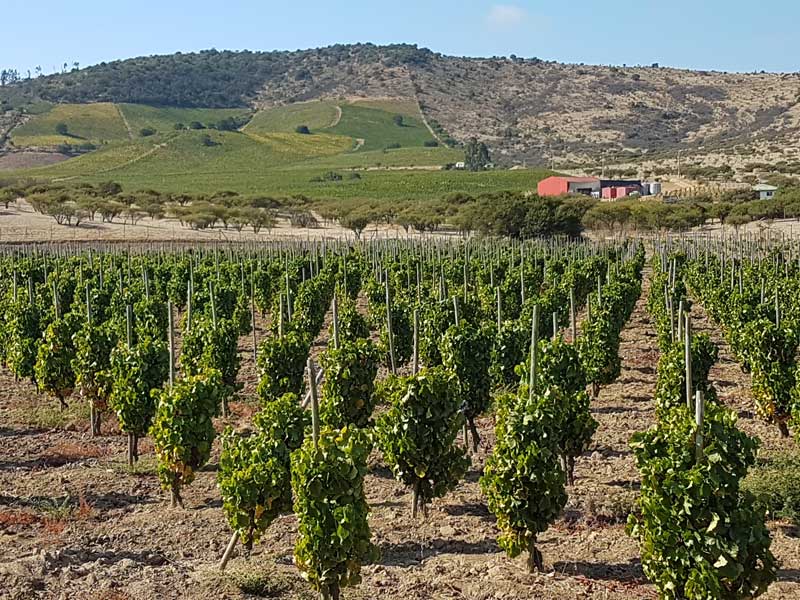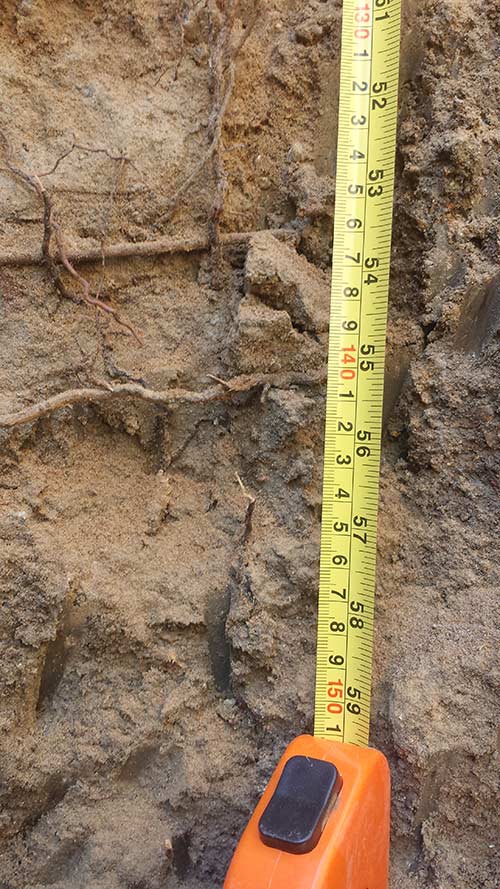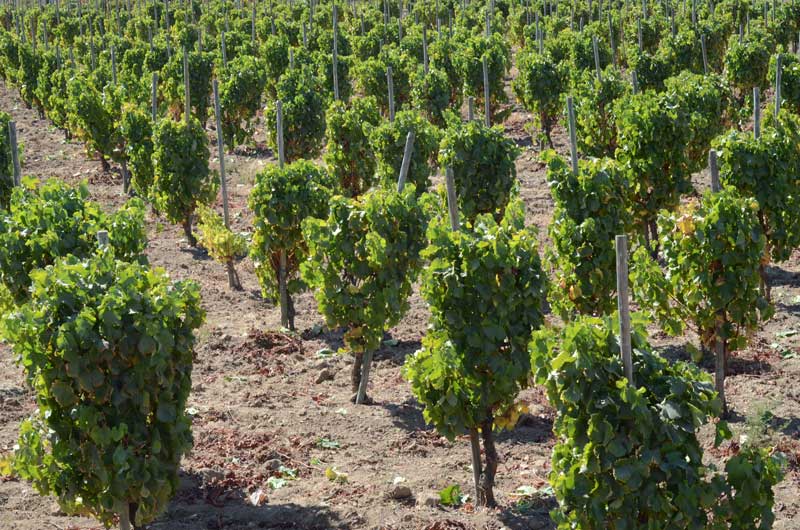Since 2009 we have been exploring the cultivation of 2 hectares of dry farmed vines in a new section within the Polkura vineyards, a project we call SECANO in Spanish. In order to minimize the loss of water, we have planted the vines in an area of even ground of the property. We also assured ourselves that the soil would have sufficient water-retaining capacity in order to continue providing water during the extensive dry season that we have in the zone. In 2016 we expanded and planted 3 additional hectares.
There are two reasons to produce a wine without irrigation. On the one hand, it is a technique that allows the absolute expression of the terroir in the wine. By not irrigating, the intervention is minimal. Each year you produce with just the amount of water that nature provides. On the other hand, with the constantly dwindling supply of rainwater year by year, it is necessary to learn how to survive without having to irrigate.
Plant density: Vineyard planted with only 2500 plants per hectare, which is less than half of what we use normally. The objective is that fewer plants compete for the limited amount of water available.
Soil
We need a large quantity of clay in the soil so that it would be able to retain the water during the dry months, from about September through April, which is also the time of year when the largest amount of water is needed.
Vine training system
For Secano we chose the Gobelet training system. We do not let the shoots grow freely like in head-trained vines, but tie them to individual stakes or echalatas as Syrah in particular has extremely breakable shoots.
Grafts: In order to ensure the success of the project, the vineyard was planted on drought-resistant rootstock.

